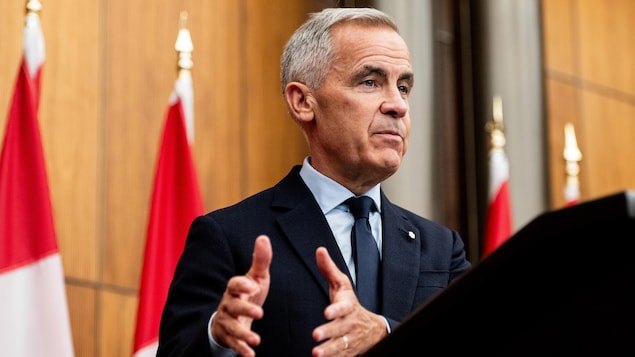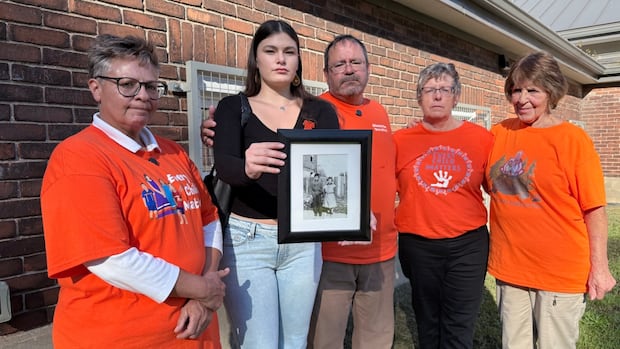Montreal Commemorates National Day for Truth and Reconciliation
Hundreds gathered in Montreal on Tuesday at Mount Royal park to mark the National Day for Truth and Reconciliation, reflecting on Canada's legacy of residential schools and the ongoing impact on Indigenous communities. The day served as a time for remembrance, reflection, and a renewed commitment to reconciliation.
Personal Stories of Loss and Resilience
Fay-Lisa Gagné, a member of Muskowekwan First Nation in Saskatchewan, shared her complicated feelings about reconciliation, having experienced the lasting effects of assimilation policies. She was placed in care with a francophone family and her siblings were lost to the Sixties Scoop.
"We talk about reconciliation, but it’s hard to reconcile when you know about the politics of assimilation, And specifically when you lost your identity, your language, your culture by being adopted out." - Fay-Lisa Gagné
Gagné also spoke of her mother's experience in residential school south of Regina and the loss of her language, highlighting the intergenerational trauma caused by these institutions. She only reconnected with her mother briefly before her passing in 2007.
The Legacy of Residential Schools
The National Day for Truth and Reconciliation acknowledges the history and lasting trauma of residential schools, institutions that operated between 1857 and 1996. Approximately 150,000 Indigenous children were forced to attend these schools, which were often characterized by abuse and cultural suppression.
In 2015, the Truth and Reconciliation Commission of Canada concluded that the residential school system was a deliberate attempt to destroy and assimilate Indigenous people, defining it as "cultural genocide." This legacy continues to affect Indigenous communities today.
According to the First Nations Child and Family Caring Society, First Nations children are significantly overrepresented in Canada's child welfare system, being six to eight times more likely to be placed into care than non-Indigenous children.
Hope for the Future
Ka’nahsohon Kevin Deer, an elder from Kahnawake, a First Nation community south of Montreal, expressed sadness on Orange Shirt Day, recognizing the historical attempts to erase Indigenous identity.
"It’s the recognition of the atrocities our people have had to experience as a result of this attitude of superiority, that we’re going to kill the Indian to save the man." - Ka’nahsohon Kevin Deer
Despite the pain, Deer emphasized hope, urging collective learning and collaboration to create a better future for generations to come. Singer Leonard Sumner from Little Saskatchewan First Nation in Manitoba also performed to honour the children who were taken from their families.
 Visit the website
Visit the website




